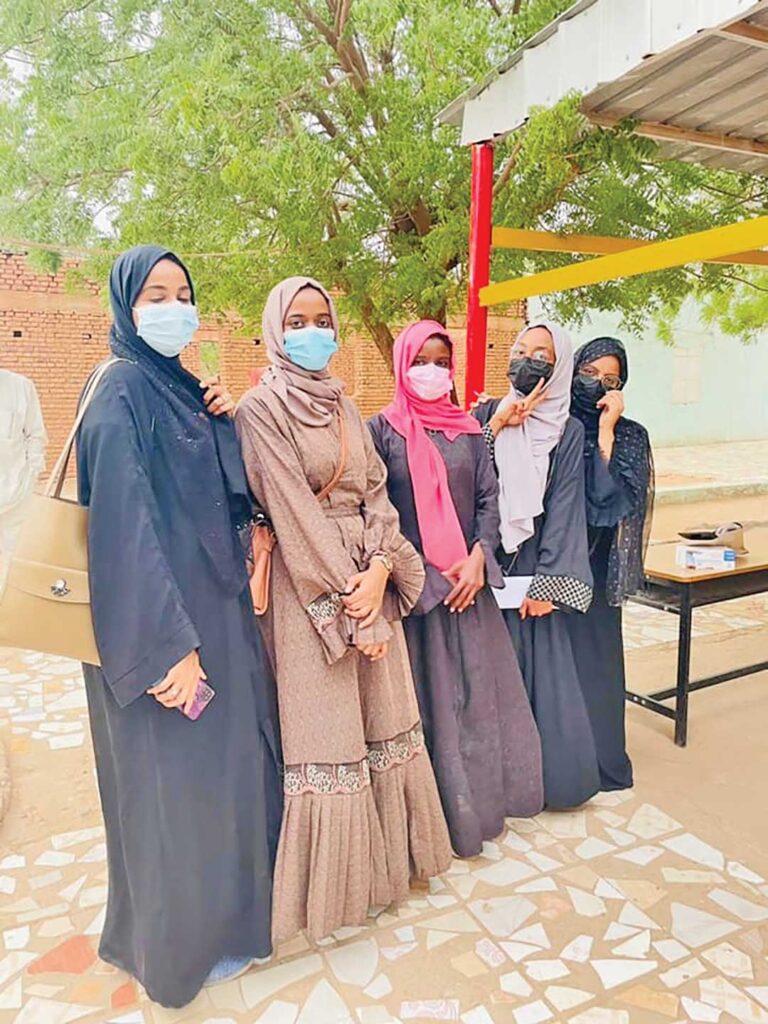ADF STAFF
What started as a small idea between two doctors based in the United States who wanted to help their native Sudan respond to COVID-19 has grown into something much larger.
Dr. Reem Ahmed of Emory University in Georgia and Dr. Nada Fadul of the University of Nebraska met during the early days of the pandemic while working for advocacy groups such as the Sudanese American Medical Association and the Coalition of Sudanese Organizations Against COVID-19.
They raised money, coordinated material and equipment shipments, and conducted a virtual training curriculum with three Sudanese universities.
Despite being more than 11,000 kilometers away, they recognized the impact their medical expertise could have on their home country.
“We started off brainstorming by ourselves how we could help manage mild to moderate cases,” Ahmed told ADF. “We thought about utilizing the human resource of all the students in medical schools and universities that were all shut down because of the pandemic.”
Ahmed’s and Fadul’s brainchild was the Community Medical Response Team (CMRT), an initiative that trains and deploys Sudanese students with a medical background across the country to treat COVID-19 patients in their homes.
Ahmed, Fadul and other experts around the world conduct virtual mentoring and training sessions with a group of 40 students who are paid to work in Sudan as trainers for a larger team of 150 volunteers who implement the program, neighborhood by neighborhood.
“In the beginning, we connected with medical students, and then one student connected us to a student network — nursing, pharmacy, dental students,” Fadul said. “It was great, because not every neighborhood has medical students. Maybe one has a pharmacy student, or another has a nursing student and a pharmacy student. Then we have a team.”
The students built new networks and strengthened existing collaborations. Then they recruited volunteers in 50 neighborhoods to start the program.
“It was very clear we needed buy-in from the ministries, and we needed allies in the communities,” Fadul said. “We needed to partner with leaders, like the imam of the local mosque, a local physician, the resistance committee or the neighborhood service committee.”

